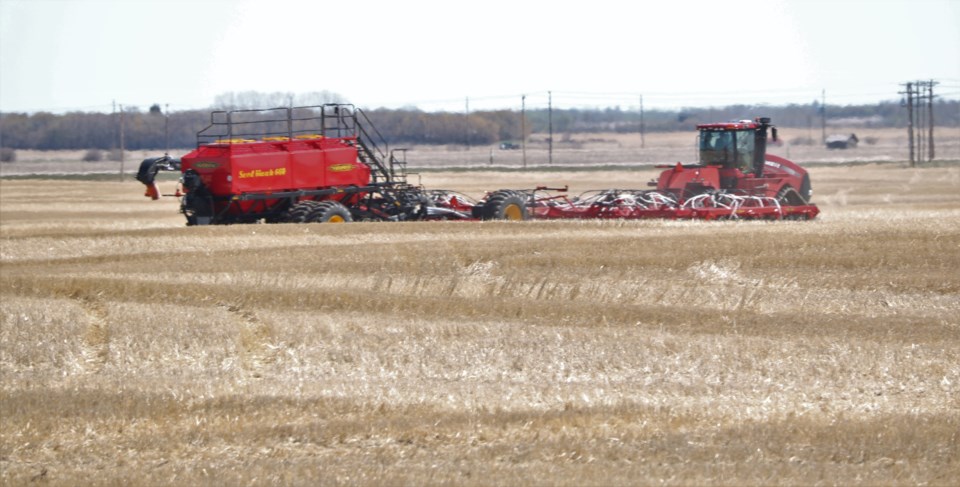YORKTON - Certainly, international tensions are nothing new, but at present we do seem to be inching ever closer to crossing a line we may not be able to edge away from that could tumble the world back into a widespread war.
We are of course aware of the desire by Russian leader Vladimir Putin to reclaim control over huge chunks of Eastern Europe.
The invasion of Ukraine of course was a strategic thrust, with Ukraine not part of NATO. The invasion has been a rather obvious poke to see how NATO will react, and of course that reaction has been one where NATO is obviously satisfied to let Ukraine go it alone rather than risking a broader conflict.
Of course it seems unlikely Putin will stop with Ukraine, and he has rather continually rattled his nuclear sabre threatening the west.
Meanwhile there is the issue of Israel and the Palestinians which has galvanized feelings on both sides. The Middle East has long been something of a tinderbox, one more highly valued than most because it generally sits over an ocean of oil critical to world business.
Anything that might escalate things there would have almost immediate economic issues.
Then there the increasing friction between China and the United States.
On one hand some see a Chinese invasion of Taiwan as imminent, which would be troublesome of course.
In the US the potential that they might actually re-elect the ridiculous, yet ultimately scary, Donald Trump as president would only further stain relations with China.
And, we can’t discount that any upheaval in that region might be the door opening for North Korea to get involved and that too is scary as their leader Kim Jong Un is perhaps the only wilder card on the planet than Trump and Putin.
In terms of agriculture the potential volatility of even the regional tensions is obvious.
There are suggestions Russia will become more active in grain exports – no doubt to help fund their armed incursion.
China may be more active in imports if readying for the aforementioned possible invasion of Taiwan.
And would tensions between the US and China open sales for Canada, or as an American ally would we either be frozen out, or chose not to make such sales?
Should things escalate, and the leaders at present are such wild cards, it is impossible to tell what might happen, but then of course markets and trades go out the door in terms of access to markets, and supply and demand.
We’ve avoided the large-scale escalations for decades, but …

